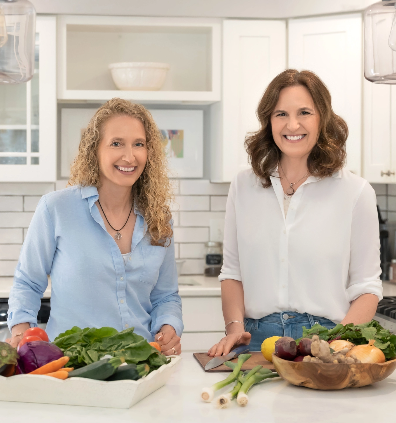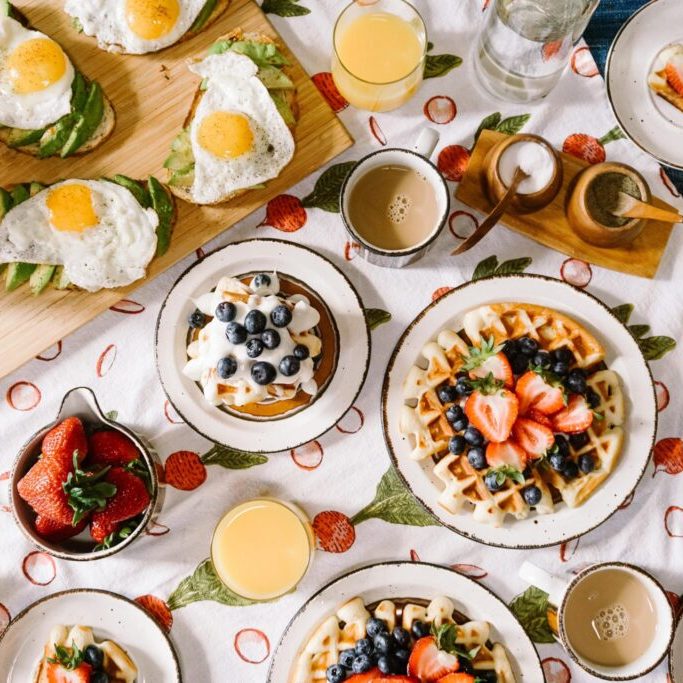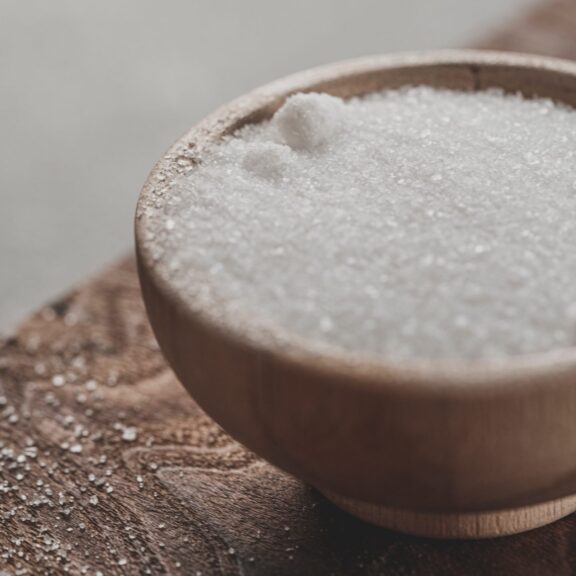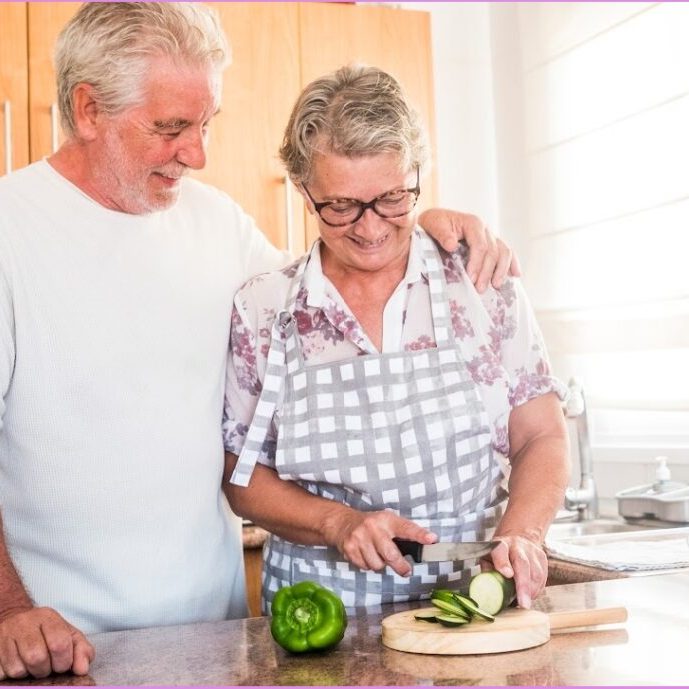Eating strategies for bone health
As middle age women, we are always on the hunt for how to preserve our bones as we age.
Osteoporosis, which strikes about 1 in every 4 women, is called a “silent disease” because it progresses without symptoms until a fracture occurs.
Chronic stress, too much or too little exercise, and environmental toxins also contribute to acidity. Over the long haul, more and more of our mineral reserves are pulled from our bones just to restore pH balance. And these minerals are critical for bone health!
Eat your veggies (at least 5 servings per day) Even if you don’t go any further down this list, taking this one step can instantly make a huge difference. That’s because vegetables top the chart as the most “alkaline” food in our diets and are loaded with fabulous bone-building minerals. What does a serving look like? One serving = ½ cup cooked or raw and 1 cup leafy greens. Think onions, zucchini, mushrooms, broccoli, cauliflower, cabbage and all your greens.
Add 6 prunes to your daily diet. Prunes? Really? That’s right – cooked or raw, 6 prunes per day have been shown to maintain bone integrity. The real bone magic seems to come from this dried fruit’s combo of vitamin K, magnesium, potassium, boron and other antioxidants that can help reduce bone loss. If you love prunes (which can also help in the “let’s get things moving department”), enjoy them in your morning smoothie, cooked oats, or afternoon snack with a handful of nuts. You can also make a puree by combining them with hot water and using in sauces, yogurt, or spread on toast.
Replace refined carbs and grains with roots and gourds, such as butternut and acorn squash, carrots, beets, parsnips, turnips. We always encourage our clients to greatly reduce refined starchy foods like bagels, muffins, white rice and pasta which lack nutrition and are more on the acidic side. And though a couple servings of whole grains like brown rice, oats and quinoa can be super healthy, don’t let them outweigh your veggie intake. That’s why we also advocate eating starchier veggies (like the winter squashes, peas and beets) which are hearty and filling and can help reduce your grain load while improving your veggie count.
Add fresh lemon and lime to your water. Though we typically think of citrus fruits as acidic, they’re actually highly alkalizing in the body.
Get in your protein. Dietary protein is key for bone mineral density. We encourage at least 75 grams a day from a combo of vegetable and animal sources.
Drink alkalizing beverages, such as ginger tea, apple cider vinegar in water, herbal teas, hot veggie broths, water with lime/lemon juice, herbal ice tea with lemon.
Include collagen in your diet. Several studies on collagen, which represents 90% of organic bone mass, suggest that collagen peptides may enhance bone metabolism, especially in the pre-osteoporosis phase known as osteopenia. A daily intake of 10g of collagen peptides for 4 to 24 weeks may increase bone mass density. We like Whole Body Collagen, which you can get at our dispensary for 20% off HERE.
Don’t over-supplement with calcium. We see many women taking high amounts of calcium supplements a day without taking into account their dietary calcium or balance of vitamin D, magnesium or other bone minerals. Too much calcium is actually not good for bones so be sure to keep this in mind. Also, there is no need to rely on dairy for calcium. Though small amounts of well sourced dairy are okay, there are other wonderful calcium sources such as collard greens, broccoli and broccoli rabe, kale, Bok choy, figs, oranges, canned sardines/salmon with bones, and almonds.
Be sure your vitamin D levels are in good shape. Vitamin D is just as if not more important than calcium intake. We look for levels at least in the 40’s or above.
One more MUST. The research is clear that weight bearing exercise is critical for bone health. Check out THIS link for more info on exercise and bones.
For more fabulous support on nutrition for women over 50, check out PM Meal Mastery,™ a scientifically-backed nutrition plan for optimal health, energy, and confidence after menopause. PM Meal Mastery is the nutritional program for post menopausal women who want to fuel their bodies, feel their best, and live an active, engaged life.

THE NOURISHING GURUS
Jane and Stephanie, creators of The Simply Nourished Solution™, are nutritionists who help women over 50 go from overweight, frustrated, and inflamed to lighter and healthier so they can be more active, feel good in their bodies, and live the second half of life with energy and confidence. Their 3-pronged approach, which can fit into any lifestyle, encompasses not only wholesome energizing foods but powerful habit and mindset shifts.
CATEGORIES
What’s blocking your weight loss success?

You can still lose weight after 50 - even if you’ve been trying your whole life! Find out what’s standing between you and the healthy weight, energy and freedom you’re looking for.
Supported weight loss for women over 50
If you’re struggling to nourish yourself after menopause, our Simply Nourished Solution™ Signature Weight Loss Program offers the tools, strategies and shifts you need to stop yo-yo dieting, permanently lose weight, and feel better than ever in your 50’s, 60’s and beyond.


